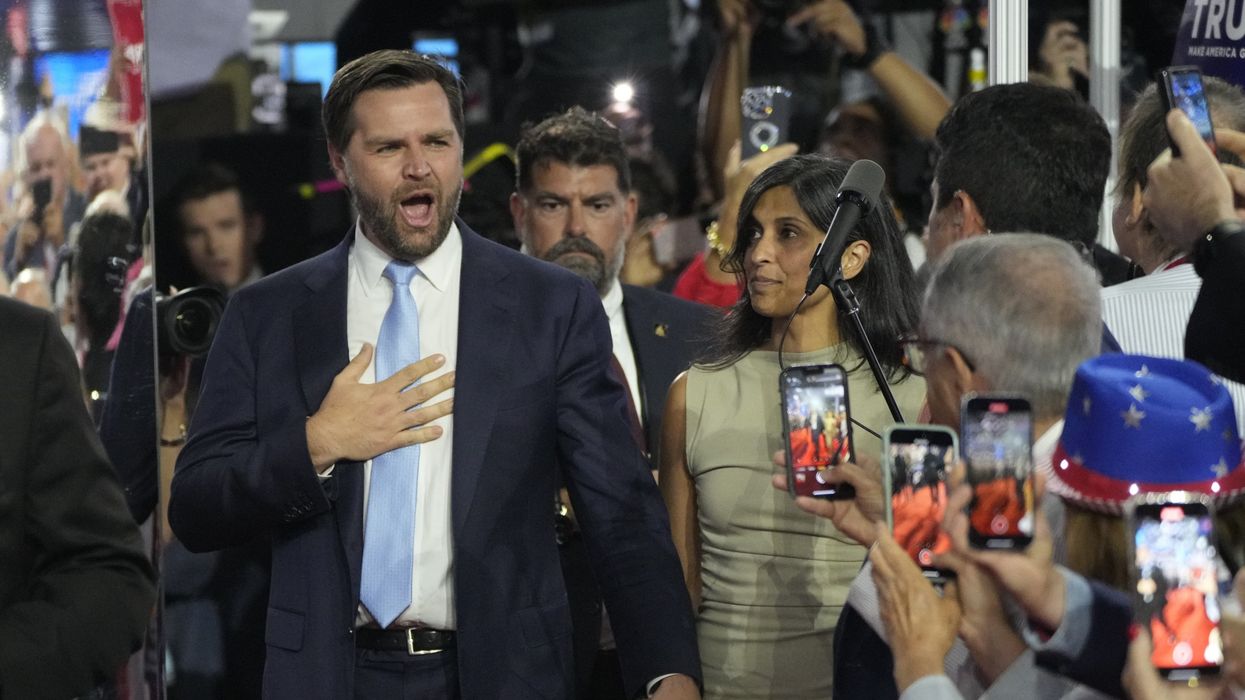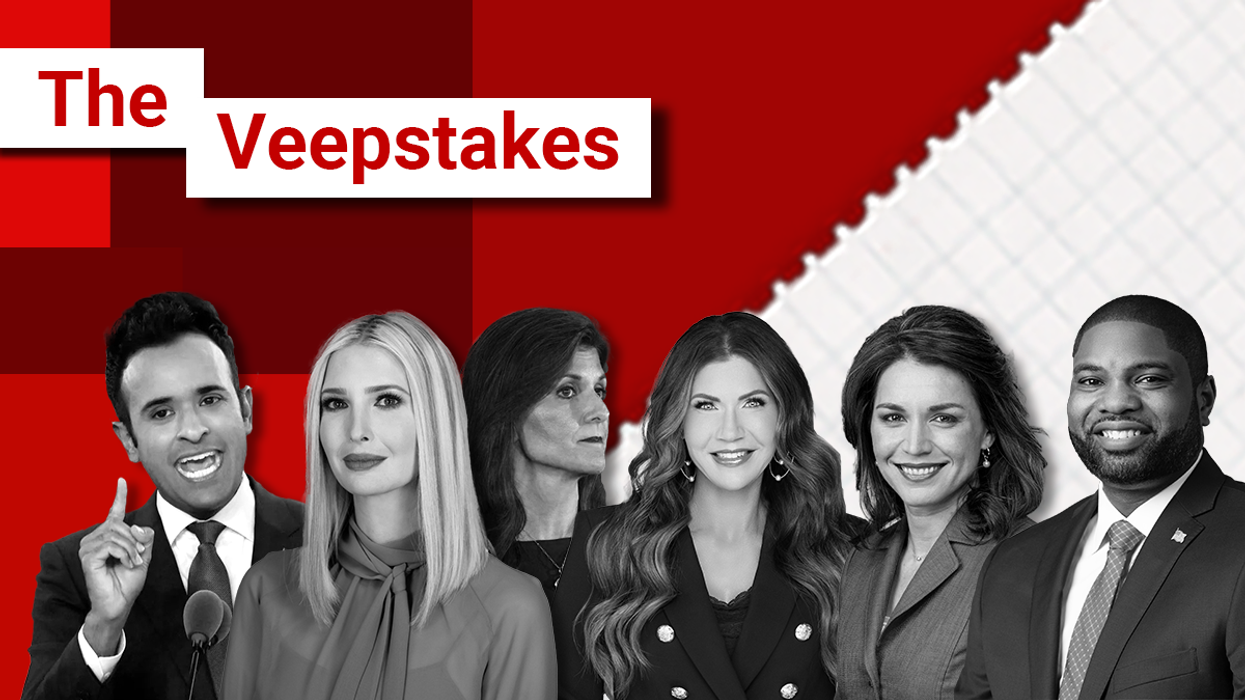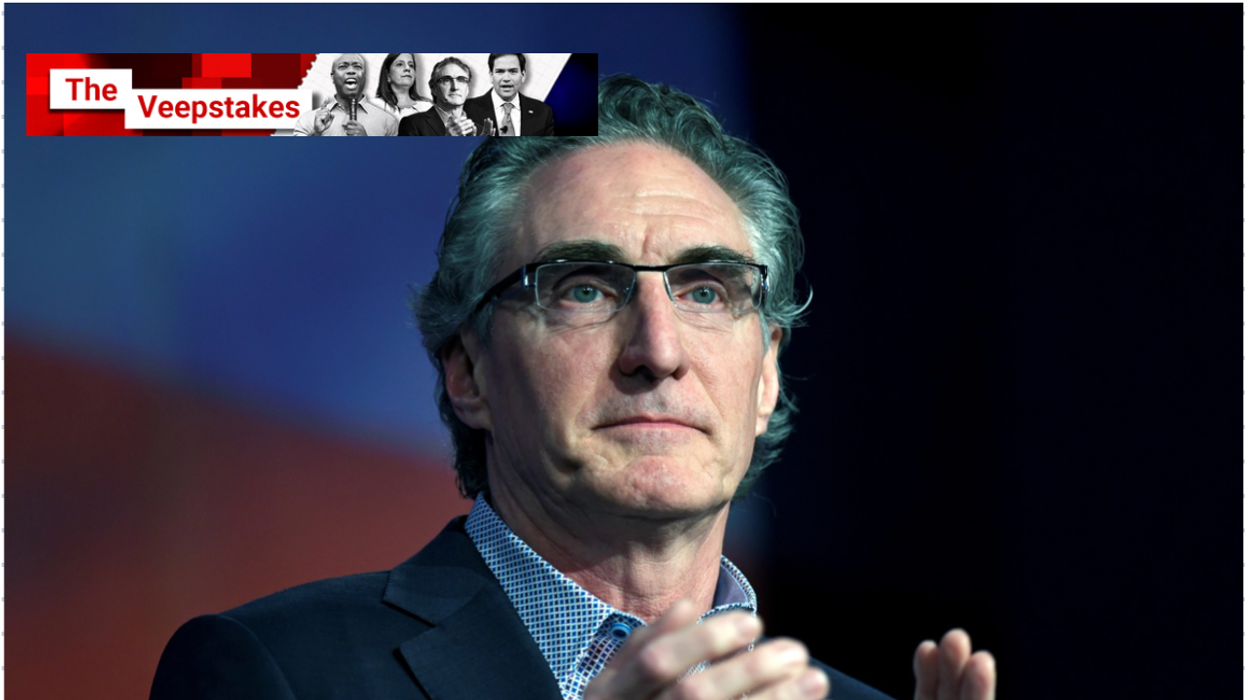Analysis
Trump picks JD Vance as running mate on day one of the RNC
Two days after an attempt on his life at a rally in Pennsylvania, Donald Trump officially became his party’s nominee on the first day of the Republican National Convention in Milwaukee, WI.
Jul 16, 2024




